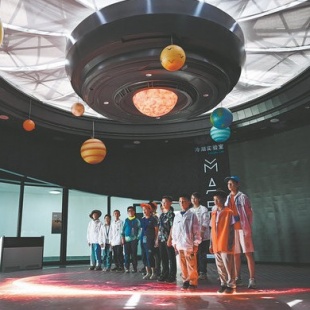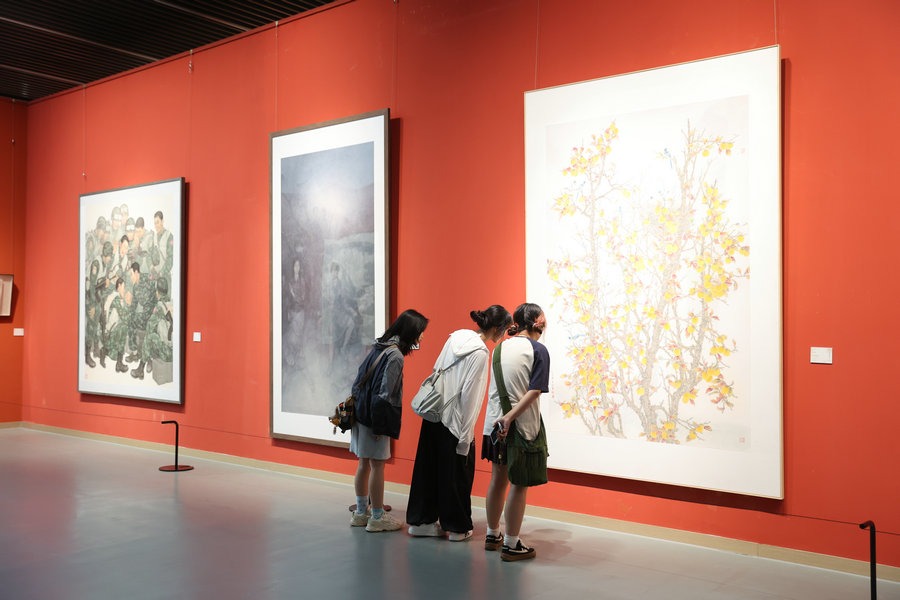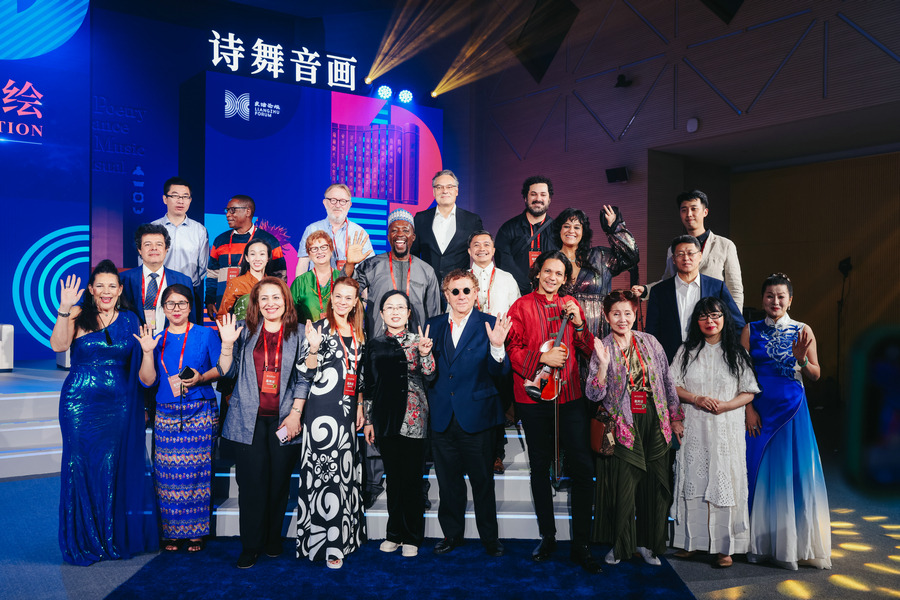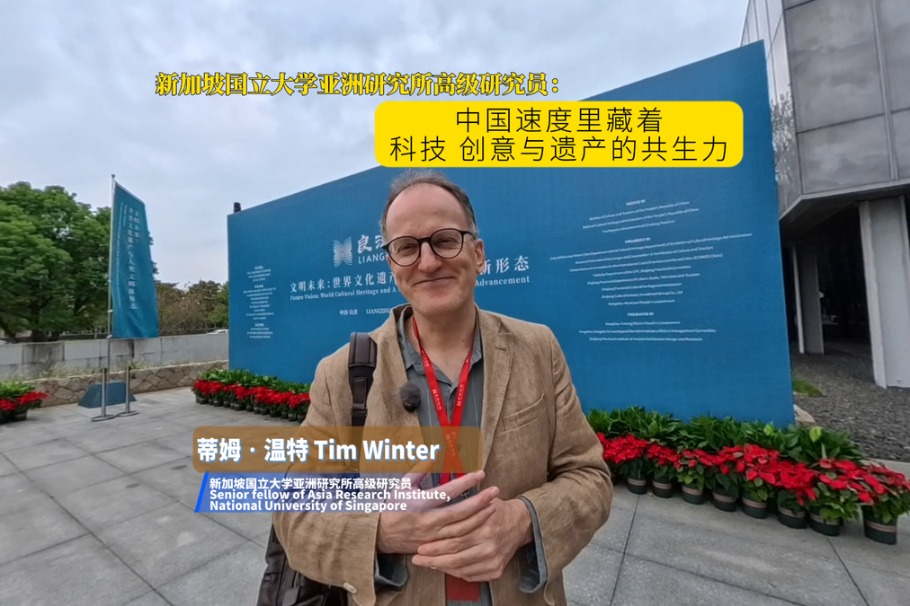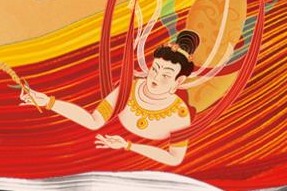Writing the future of feelings
Chinese authors explore shifting realities and emotional frontiers as technology transforms storytelling, Yang Yang reports.

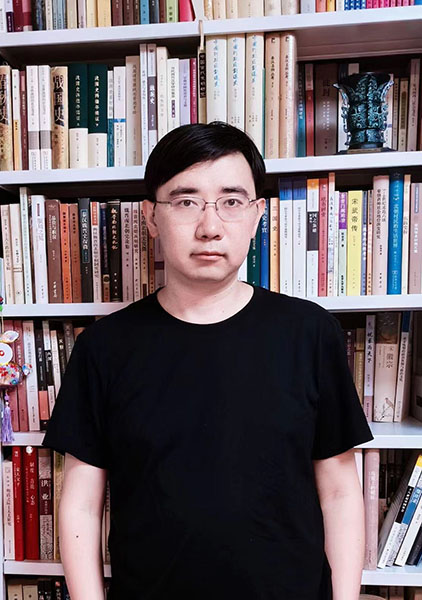
Baoshu (real name Li Jun), 45, attributes this shift to several factors.
One influence is the popularity of sci-fi works like The Three-Body Problem trilogy.
"The trilogy has become very popular, beyond its original circle, becoming a global cultural phenomenon, which has fueled enthusiasm for science fiction," he explains.
Another factor is the impact of advancements in information technology and artificial intelligence.
As technology accelerates, even those who did not previously engage with science fiction now feel the world is becoming increasingly sci-fi-like, which is a deeper reason for its popularity.
"It seems that only the term 'science fiction' adequately describes our current reality in the 2020s," he notes.
"People will realize that understanding our current reality sometimes requires a sci-fi mindset. Society is no longer stable; it evolves rapidly, with trends hinting at possibilities beyond the present. This brings profound uncertainty, which is perhaps the greatest insight science fiction can offer us," he says.
The genre can also broaden people's understanding by reflecting a deeper, more hidden reality, he says.
At the 21st Baihua Literature Award ceremony in Tianjin this September, Wang expressed joy that science fiction is no longer an isolated niche but a confluence of diverse voices.
"Singers, dancers, programmers, delivery workers … more and more people from different backgrounds are picking up the pen. They are all using sci-fi stories to address the existential anxiety of this sci-fi era. Together, we are exploring the future. Each identity is a beam of light reflecting the times. When these beams converge, we can see the signposts leading to tomorrow: How will humans continue to create their own value and meaning in the future?" he said.
Wang's award-winning story is his radical reflection on literature's value and meaning in the future.
He observes that over the past three decades, literature's traditional roles — as a source of entertainment, knowledge, and information — have been increasingly taken over by various alternatives, such as video games and social media. As a result, literature seems to have become increasingly niche.


